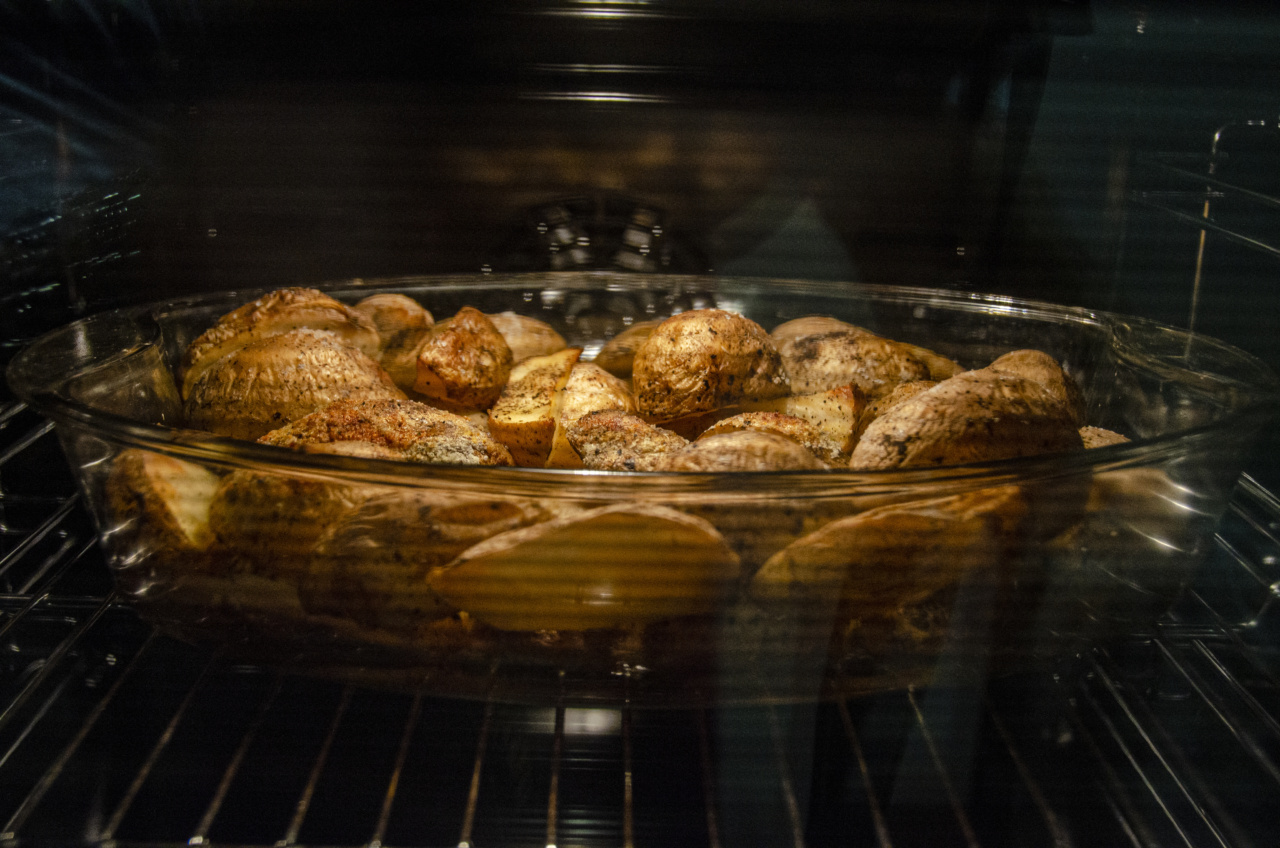Diarrhea is a common gastrointestinal condition characterized by loose, watery stools occurring more frequently than usual.
It can be caused by various factors such as bacterial or viral infections, food intolerances, medications, or underlying health conditions. While most cases of diarrhea are mild and resolve on their own within a few days, managing diarrhea through proper nutrition can help shorten its duration and alleviate symptoms.
Stay Hydrated
One of the most important aspects of managing diarrhea is to stay hydrated. The frequent passage of loose stools can lead to dehydration, which can worsen the condition and cause additional complications.
It is recommended to consume plenty of fluids, such as water, herbal teas, clear broth, or oral rehydration solutions (ORS) that contain electrolytes. Avoid caffeinated and alcoholic beverages as they can further promote dehydration.
BRAT Diet
BRAT stands for bananas, rice, applesauce, and toast – a diet often recommended for managing diarrhea. These bland foods are easy to digest and can help firm up stools.
However, it is important to note that the BRAT diet lacks certain nutrients and should not be followed for an extended period of time. It is best to gradually reintroduce a normal, balanced diet as the symptoms improve.
Probiotics for Gut Health
Probiotics are beneficial bacteria that can restore the natural balance of gut flora, which may be disrupted during episodes of diarrhea.
Consuming probiotics, either in the form of supplements or fermented foods like yogurt, can help reduce the severity and duration of diarrhea. Probiotics can also help improve digestion and boost the immune system.
High-Fiber Foods
While it may seem counterintuitive, incorporating high-fiber foods into your diet can actually be beneficial during episodes of diarrhea.
Soluble fiber, found in foods like oats, bananas, and cooked vegetables, can help bulk up the stool and regulate bowel movements. However, avoid insoluble fiber, which can be found in foods like raw fruits and vegetables, as it can be harder to digest and may aggravate diarrhea.
Avoid Certain Foods and Beverages
During diarrhea, it is important to avoid certain foods and beverages that can further irritate the gastrointestinal tract.
Spicy foods, greasy or fried foods, caffeine, alcohol, and carbonated beverages should be avoided as they can stimulate bowel movements and worsen diarrhea. Dairy products, especially for those with lactose intolerance, should also be avoided as they can worsen symptoms.
Electrolyte Replacement
Diarrhea can lead to electrolyte imbalances due to the loss of fluids. It is important to replenish these electrolytes to prevent dehydration and promote overall well-being.
Foods and beverages rich in electrolytes, such as bananas, potatoes, coconut water, and ORS, can help restore the balance of essential minerals like potassium and sodium in the body.
Seek Medical Attention
While most cases of diarrhea can be managed at home with proper nutrition and hydration, certain situations warrant medical attention.
If diarrhea persists for more than a few days, is accompanied by severe abdominal pain, blood in the stool, or high fever, it is important to seek medical care. These symptoms may indicate a more serious underlying condition that requires treatment.
Conclusion
Managing diarrhea through proper nutrition is crucial to alleviate symptoms, promote faster recovery, and prevent complications.
Staying hydrated, following a bland diet like the BRAT diet, consuming probiotics, incorporating high-fiber foods, avoiding certain irritants, electrolyte replacement, and seeking medical attention when necessary are all important aspects of managing diarrhea effectively.






























